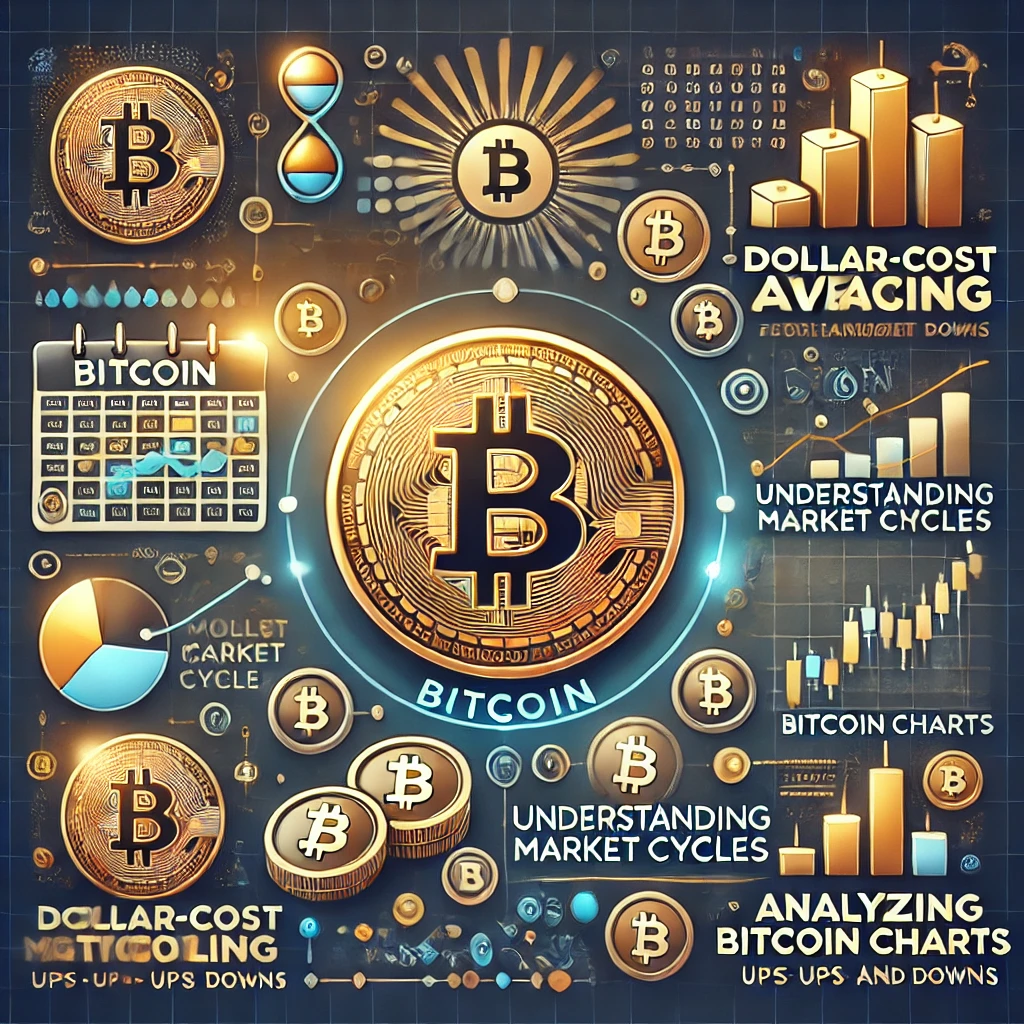Bitcoin has already revolutionized the way we think about money, but its potential impact on the global economy, decentralized finance (DeFi), and the broader financial system is just beginning to unfold. As the technology behind Bitcoin continues to evolve, its influence on society and markets could be transformative. Let’s explore the future of Bitcoin and its potential impact on various sectors.
Bitcoin and the Global Economy
Bitcoin’s impact on the global economy is multifaceted, with potential to change how we transact, store wealth, and even structure financial systems.
1. A New Global Currency
- Store of Value: Bitcoin is increasingly being viewed as a hedge against inflation and a store of value, similar to gold. As central banks around the world continue to print more fiat currency, Bitcoin’s fixed supply of 21 million coins makes it attractive to investors looking to protect their wealth.
- Global Remittances: Bitcoin has the potential to reduce the cost of remittances by allowing individuals to send money across borders without the need for banks or intermediaries. This could have a profound impact on developing nations, where remittances are a major source of income.
- Cross-Border Payments: Bitcoin enables seamless and low-cost cross-border payments, especially in countries with unstable currencies or limited access to financial services. It could disrupt traditional financial systems by providing an alternative for global money transfers.
2. Central Bank Digital Currencies (CBDCs)
- Governments around the world are exploring Central Bank Digital Currencies (CBDCs), which are state-backed digital currencies. While Bitcoin remains decentralized and operates independently of any central authority, the rise of CBDCs could influence Bitcoin’s adoption. The integration of digital currencies into the global economy could either complement or challenge Bitcoin’s position, depending on the regulatory approach taken by governments.
Decentralized Finance (DeFi)
Decentralized Finance (DeFi) refers to the creation of financial services and products without the need for traditional banks or intermediaries. Bitcoin plays a central role in the DeFi movement, enabling a decentralized and permissionless financial ecosystem.
1. Bitcoin as Collateral in DeFi Protocols
- While Ethereum currently dominates the DeFi space, Bitcoin is increasingly being integrated into DeFi platforms. Through Wrapped Bitcoin (WBTC), Bitcoin can be used as collateral in lending and borrowing platforms, as well as yield farming and liquidity provision.
- Bitcoin’s role in DeFi could increase significantly as more platforms adopt it, leading to new financial products and services that are powered by Bitcoin.
2. Smart Contracts and Bitcoin
- While Bitcoin itself doesn’t natively support smart contracts like Ethereum, innovations like Rsk (Rootstock) are bringing smart contract functionality to Bitcoin. This allows developers to build decentralized applications (DApps) on the Bitcoin blockchain, opening up new possibilities for decentralized finance.
- As Bitcoin’s interoperability with DeFi protocols grows, it could lead to more decentralized financial products that are less reliant on traditional financial institutions.
The Role of Bitcoin in a Changing World
Bitcoin’s role in a changing world is likely to expand as society grapples with the challenges of inflation, financial inequality, and the shift toward digitalization.
1. Bitcoin and Inflation Hedge
- As governments increase their money supply to combat economic crises, Bitcoin is seen as a hedge against inflation. Its deflationary nature (with a limited supply of 21 million coins) makes it an attractive store of value, especially in countries with hyperinflation.
- Countries like Venezuela and Argentina have seen Bitcoin adoption rise as citizens seek protection from the eroding value of their local currency.
2. Financial Inclusion
- Bitcoin has the potential to bring financial services to millions of people who are unbanked or underbanked. With just a smartphone and internet access, anyone can participate in the global economy by sending and receiving Bitcoin.
- In regions with limited access to traditional banking, Bitcoin could provide an alternative financial system, giving people more control over their money without the need for banks or third-party intermediaries.
3. Sustainability and Energy Usage
- A growing concern with Bitcoin’s proof-of-work mining is its environmental impact, due to the energy consumption required for mining. However, there is an increasing push towards green mining, with many Bitcoin mining operations shifting to renewable energy sources like solar, wind, and hydropower.
- As the technology and incentives for sustainable mining practices improve, Bitcoin could become a more energy-efficient and environmentally friendly asset.
Sign Up for Our Newsletter!
Stay informed about the latest Bitcoin news, insights, and updates by subscribing to our newsletter. Get exclusive access to expert analysis, market trends, and in-depth discussions about Bitcoin’s role in the future of finance and the global economy. Don’t miss out on the latest developments in the Bitcoin world—sign up now!
Conclusion
Bitcoin’s future holds immense potential, from its role in reshaping the global economy to its integration into decentralized finance. As technological advancements, regulatory clarity, and broader adoption continue to unfold, Bitcoin could redefine how we think about money, financial services, and digital assets. Whether it becomes a mainstream asset, a hedge against inflation, or the backbone of DeFi, Bitcoin’s impact on the world is just beginning. Stay informed and ahead of the curve as Bitcoin continues to evolve and change the financial landscape.


Leave a Reply